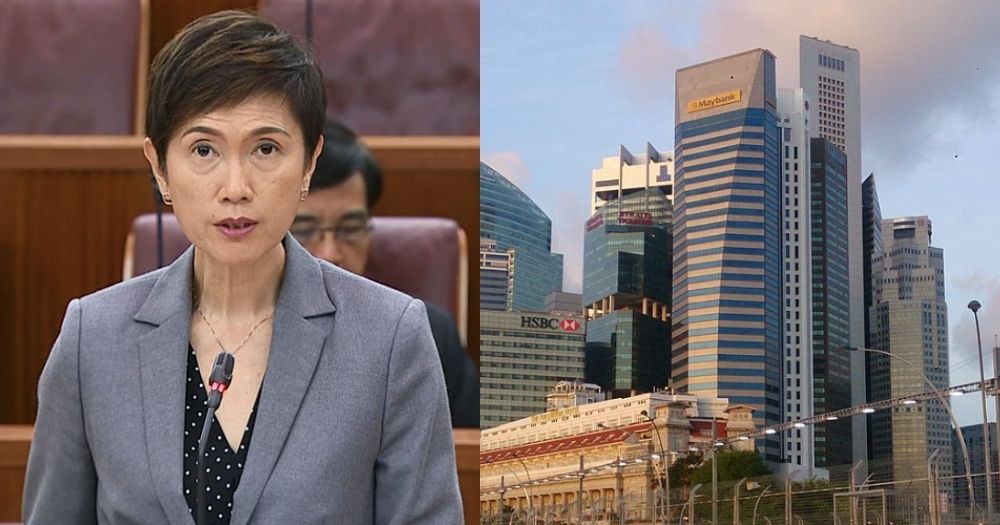In an addendum to the President's Address on Aug. 26, Manpower Minister Josephine Teo said that the salary criteria for Employment Passes (EP) and S Passes will be raised as part of adjustments to foreign worker policies.
EP minimum salary criteria raised to S$4,500
Currently, the minimum monthly salary for foreign professionals to qualify for an Employment Pass is S$3,900 (with more experienced candidates needing higher salaries), which kicked in from May 1, 2020.
From Sep. 1, 2020 onwards, the minimum salary requirement will be raised to S$4,500 for all new applicants.
The qualifying salaries for older and more experienced EP candidates in their 40s will be raised correspondingly and will remain around double the minimum qualifying salary for the youngest applicants.
For renewal applicants, these new salary criteria will come into effect from May 1, 2021.
Higher salary requirements in financial services sector
One sector in particular, however, will see different qualifying salaries.
From Dec. 1, 2020, the minimum qualifying salary for EPs in the financial services sector will be further raised to S$5,000 for new applicants, MOM announced. Similarly, more experienced candidates will need to meet a higher qualifying salary.
From Sep. 1 to Dec. 1, the minimum salary requirement for EPs (S$4,500) will apply equally to the financial services.
This is the first time higher qualifying salaries are being set for a specific sector.
These changes will complement the Monetary Authority of Singapore's (MAS) efforts to encourage and support financial institutions in developing a strong local pipeline of talent, the ministry said.
S Pass salary requirements raised to S$2,500
S Pass minimum salary requirements will be raised to S$2,500, with qualifying salaries for older and more experienced S Pass candidates revised accordingly.
The changes will take place from Oct. 1, 2020 onwards for new applicants, and from May 1, 2021 for renewal applicants.
There will be no further changes to levies and quotas in this round of adjustments.
Not a call for employers to raise salaries for employees: Josephine Teo
Teo highlighted in an interview with members of the media that the ministry's move to increase the minimum salary requirements was "not a call to employers to raise the salaries of their employees".
She elaborated that the change in policy was to nudge employers to be "more selective" in the current economy.
The minister noted that hiring capacity in the financial services sector have continued to remained strong.
Besides the sector's hiring capacity, Teo recognised that there is also an availability of locals who are eligible for jobs within the sector, thus raising the bar for EPs in the sector.
Fair Consideration Framework job advertising requirement extended to S Pass applications
To promote greater awareness of vacancies in mid-skilled jobs among local jobseekers, the Fair Consideration Framework (FCF) job advertising requirement will be also extended to S Pass applications from Oct. 1, 2020, Teo said.
The FCF requires employers to first advertise jobs on MyCareersFuture.sg (MCF) to make these positions known to local jobseekers.
Currently, employers are required to do so for EP applicants.
MOM said that this will require employers to make greater efforts to consider local candidates before hiring a foreign candidate.
Employers who practise discriminatory hiring in any form will have their work pass privileges cut back and may also face prosecution.
The minimum FCF job advertising duration for EP and S Pass applications will also be doubled from 14 days to 28 days, to give local jobseekers more time to respond to job openings and for employers to seriously evaluate their applications, the ministry added.
Totally unrelated but follow and listen to our podcast here
Related story:
Top image via CNA/YouTube, Wikipedia Commons
If you like what you read, follow us on Facebook, Instagram, Twitter and Telegram to get the latest updates.
